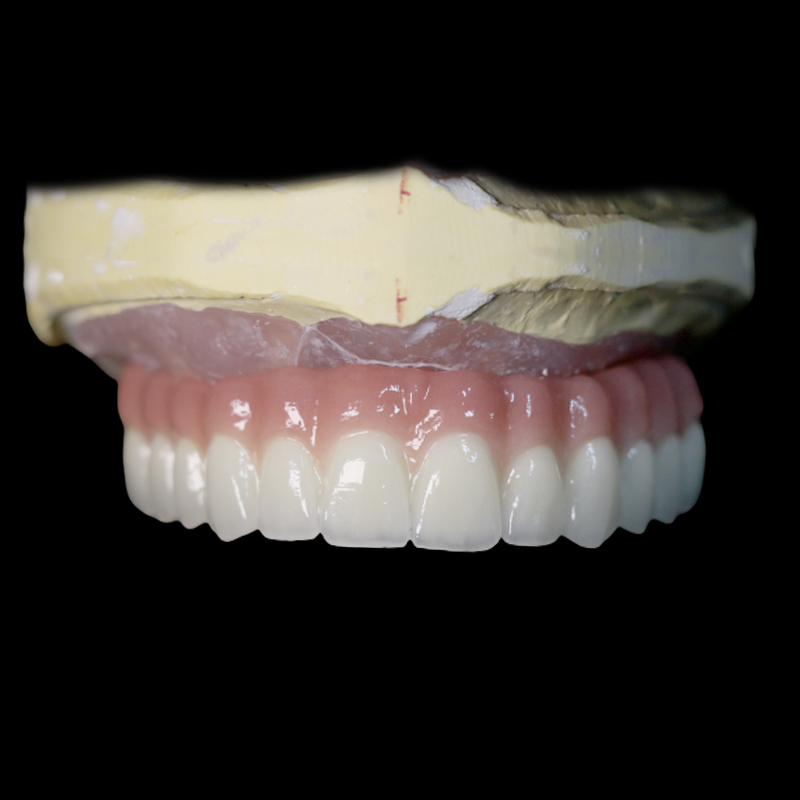A Comprehensive Guide to Understanding Dental Implants and Their Function

Missing teeth not only affect one's appearance but also lead to difficulties in speaking and eating. Dental implants have emerged as a groundbreaking solution to restore missing teeth. In this article, we delve deep into the topic of dental implants to uncover what they are and how they work.
1. Understanding Dental Implants
Dental implants are artificial tooth roots made of biocompatible materials, typically titanium. They are surgically placed into the jawbone to provide a sturdy foundation for replacement teeth. These implants fuse with the jawbone over time, creating a secure and permanent base for the prosthetic teeth.
2. The Implantation Process
The implantation process consists of several stages. First, a comprehensive dental examination is conducted to assess the patient's oral health and to determine the best treatment plan. Next, the dental implant is surgically placed into the jawbone. It is then left to heal for a few months to allow for osseointegration, the process in which the implant bonds with the surrounding bone tissue. Once the implant has fully integrated, an abutment is attached to connect the implant to the replacement tooth. Finally, the custom-made artificial tooth or crown is securely fixed onto the abutment.
3. Benefits of Dental Implants
Dental implants offer numerous advantages over traditional tooth replacement options, such as dentures or dental bridges. They provide a natural look and feel, enhancing the patient's smile and self-confidence. Implants are extremely durable and long-lasting, with proper care and oral hygiene. Additionally, dental implants do not require support from neighboring teeth, unlike dental bridges, resulting in the preservation of healthy tooth structure.
4. Considerations and Eligibility
While dental implants are a highly effective solution for most individuals with missing teeth, not everyone is eligible to undergo the procedure. Factors such as overall health, oral hygiene habits, and the density of the jawbone play crucial roles in determining a patient's suitability for dental implants. A thorough evaluation by a dental professional is necessary to assess the feasibility of the treatment.
5. Care and Maintenance of Dental Implants
Proper care and maintenance are essential for the longevity of dental implants. Regular brushing, flossing, and routine dental visits are imperative to prevent complications such as infection or gum disease. Avoiding harmful habits, such as smoking or chewing hard objects, is also crucial. Adhering to these practices ensures that the dental implants remain in optimal condition, allowing patients to enjoy a healthy and functional smile for years to come.
Conclusion
Dental implants revolutionize the field of tooth replacement, providing a long-term, natural-looking solution for individuals with missing teeth. This comprehensive guide has explored the various aspects of dental implants, including their definition, the implantation process, benefits, considerations, and necessary care. By understanding the intricacies of dental implants, patients can make informed decisions and achieve a confident and complete smile.




